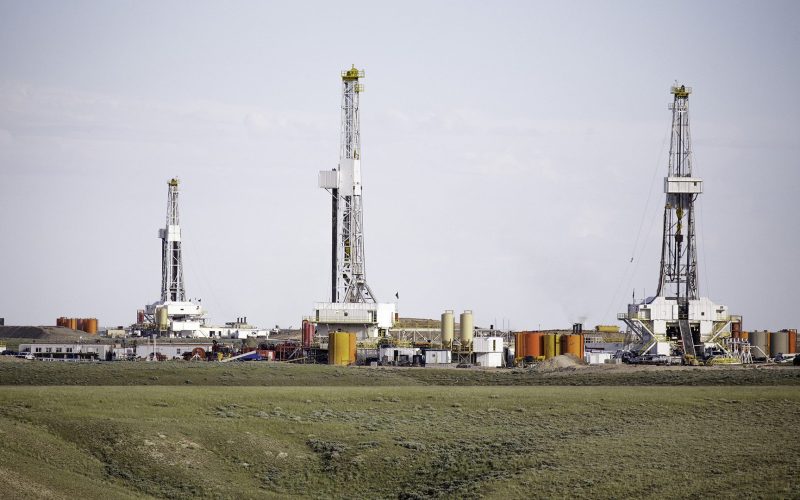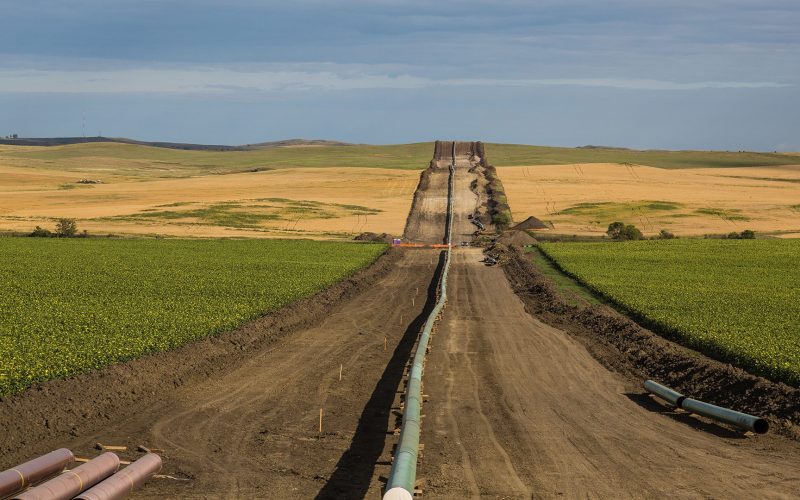THE VOICE FOR THE ENERGY CONSUMER

America’s energy future is at stake – Sign Below! Anti-energy extremists convinced the Obama Administration to ignore public opinion and remove the Atlantic from the oil and natural gas leasing.
On behalf of our 400,000 nationwide members, Consumer Energy Alliance (CEA), the leading national consumer advocate on energy issues, responded today to a recent decision by Connecticut’s Department of Energy.

CEA Midwest recently hosted the West Virginia Energy and Manufacturing Forum in Wheeling, WV. This forum brought together elected and public officials, key labor and business leaders, academia, manufacturers and.

CEA Midwest recently hosted the West Virginia Energy and Manufacturing Forum in Wheeling, WV. This forum brought together elected and public officials, key labor and business leaders, academia, manufacturers and.
WHEELING — West Virginia – and the rest of the U.S. – is in need of bipartisan progress and a sensible, rational process on energy issues, including pipeline projects, key.

A coalition of 22 business and labor groups signed a letter calling on the Obama administration to follow the rule of law and the established regulatory process to complete construction.
CEA Midwest recently hosted the West Virginia Energy and Manufacturing Forum in Wheeling, WV. This forum brought together elected and public officials, key labor and business leaders, academia, manufacturers and.
CEA’s Michael Whatley was featured on WTOV Fox 9 following the West Virginia Energy and Manufacturing Forum. Energy is a huge issue in the upcoming election on all levels. Wednesday,.
CEA’s Brydon Ross was featured on West Virginia Public Radio following the West Virginia Energy and Manufacturing Forum. Representatives from energy and manufacturing industries, as well as policy makers came.
CEA Midwest recently hosted the West Virginia Energy and Manufacturing Forum in Wheeling, WV. This forum brought together elected and public officials, key labor and business leaders, academia, manufacturers and.